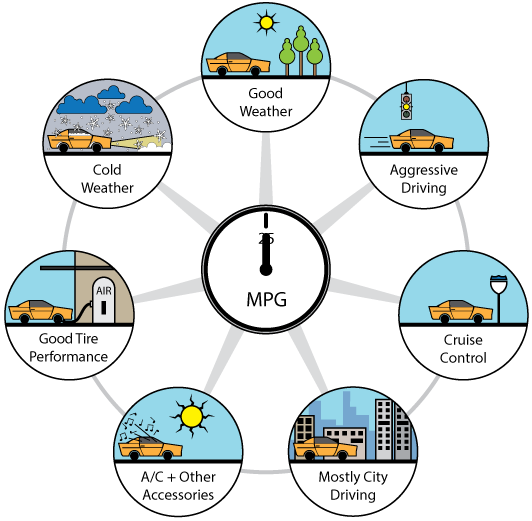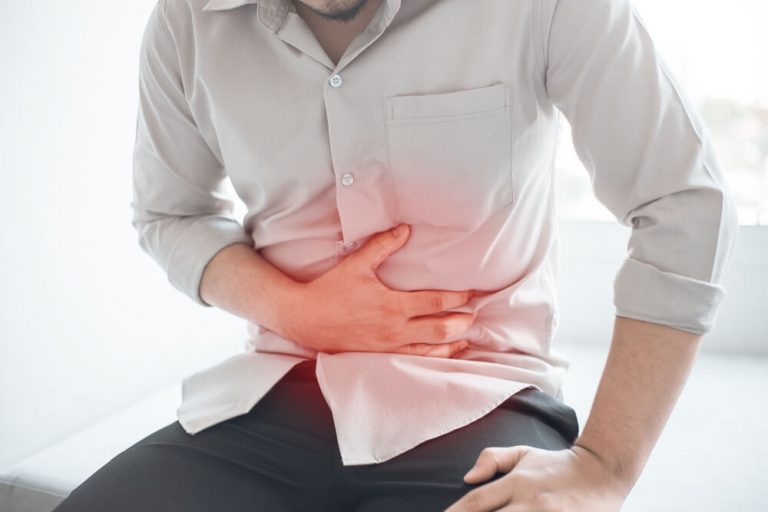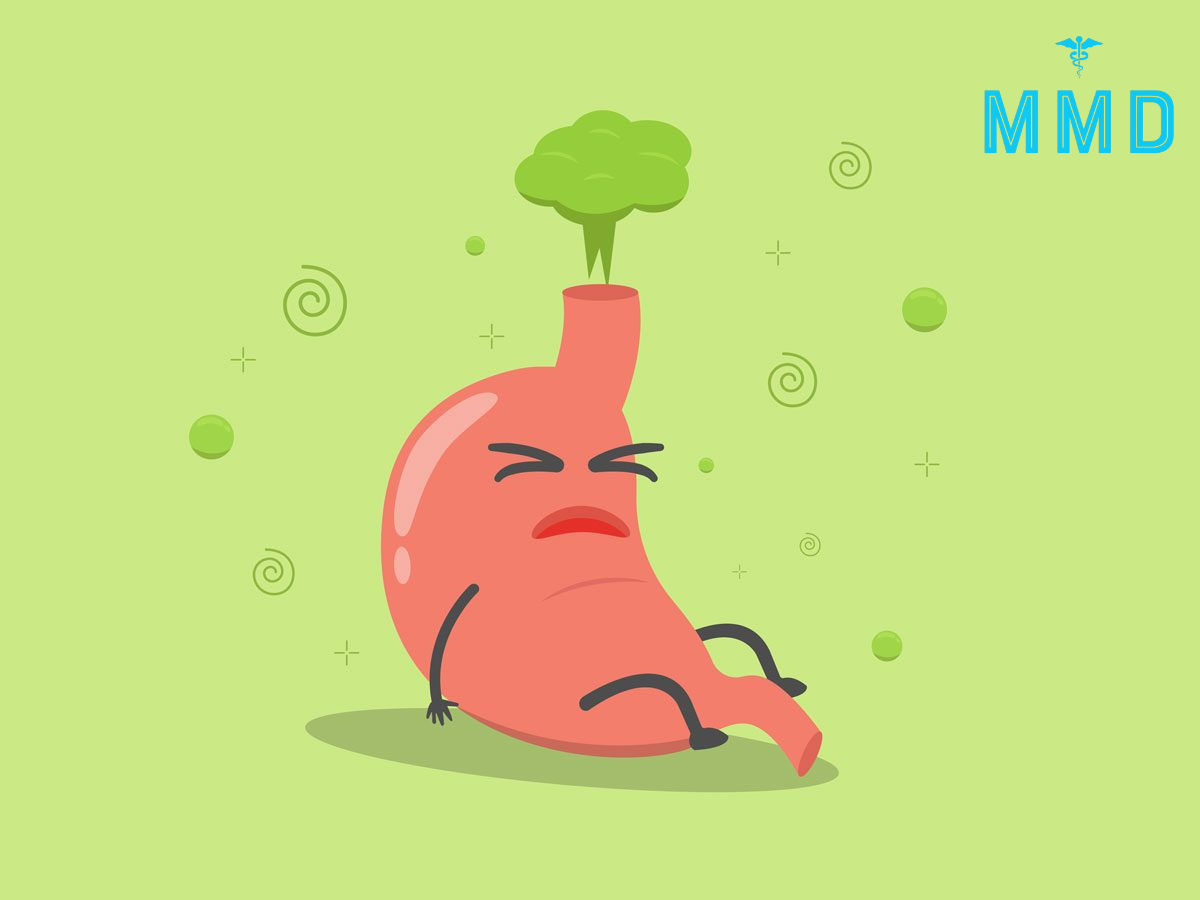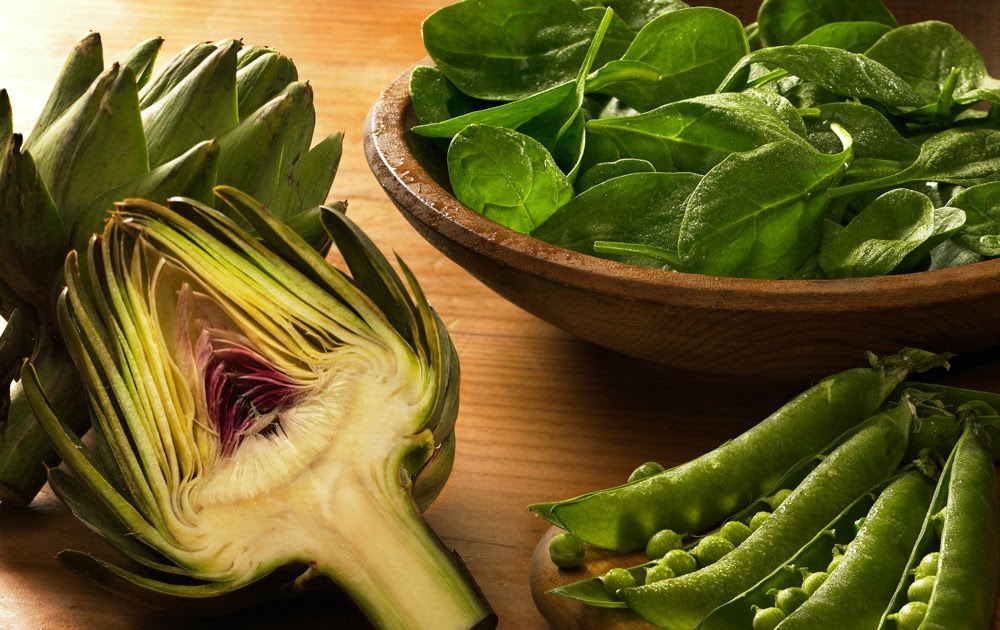Lessons I Learned From Tips About How To Control Excessive Gas

In most cases, excess gas can be treated by changing the way you eat or by avoiding foods and medications that cause gas.
How to control excessive gas. Otherwise, bothersome gas is generally treated. Eating, diet, & nutrition for gas in the digestive tract. To prevent excess gas, it may help to:
Can changing my eating and drinking habits or diet reduce gas or gas. To reduce or prevent excess gas or gas symptoms, your doctor may recommend swallowing less air, changing your eating and drinking habits or diet, or taking medicines. Herbal teas like spearmint, ginger, or.
What to know about flatulence (gas), excessive and chronic. Symptoms of excessive gas include. Lee says that certain medical conditions like diabetes,.
Many home remedies can help prevent or release trapped gas. Eat smaller meals, more often. Identify foods that give you excess gas.
Cabbage and sauerkraut. The easiest way to avoid these. Taking certain medications like antibiotics.
Things that may be helpful include: Holding in gas can cause bloating, discomfort, and pain. Research has shown that peppermint tea or peppermint supplements can help reduce symptoms of irritable bowel syndrome, including gas.
If your gas pains are caused by another health problem, treating the underlying condition may offer relief. Gas collects in two main ways. Identify the cause of bloating.
Gases like oxygen, carbon dioxide, nitrogen, and methane. Exercise regularly to improve how your body digests food. Adjusting your diet, taking medications, and exercising may help reduce gas discomfort.
Foods with artificial sweeteners, such as sorbitol. Drink or chew food slowly, with your mouth closed. You can change your diet and eat foods that reduce the.
A bacterial buildup in your digestive tract. Problems anywhere on that winding road — from your esophagus to your colon — could result in excess gas.


















